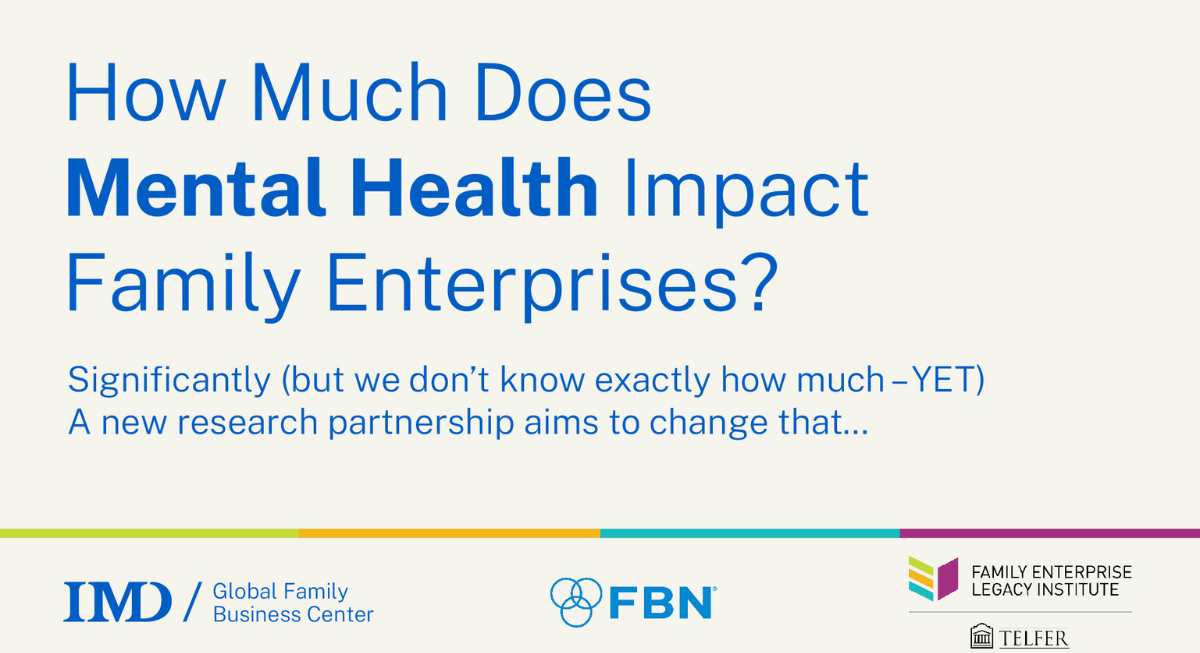During a crisis like the COVID-19 pandemic, when economic uncertainty haunts us all, banks and other credit organizations face important decisions regarding their credit risk strategies, and how much risk they are willing to tolerate. Individuals and corporations across Canada are impacted by the COVID-19 economic crisis, and access to credit by banks is vital to their survival. For example, rapid bank credit is needed for families to procure food, for mortgage payments to continue, and for small businesses to keep their employees and ensure their post-pandemic recovery.
In the aftermath of situations like these, there is a pressing need to better understand how banks cope with fast-changing risks, how much risk is too much, and how much information can and should be disclosed. Is there an advantage to disclosing risk management strategies to investors and stakeholders? What is not clear is how multiple levels of regulation in these organizations affects credit risk disclosures and transparency, and the relationship between bank risk disclosure and performance. To ensure a rapid and complete financial recovery, and to promote transparency and information flow efficiency, it is important to examine how credit risk management disclosures are structured. This includes their evolution over time and across countries, and how they affect bank performance and corporate governance mechanisms.
What is the research about?
Professor Kaouthar Lajili received a Telfer School of Mangement Research Grant to examine how credit risk disclosures impact bank performance.Her project will compare the effect of multiple levels of regulation on credit risk over time, with a focus on Canadian and Italian banks. She plans to develop a credit risk disclosure index that can help assess the comprehensiveness, quality and reliability of bank credit risk disclosures, and investigate its relationship with bank governance and performance.
Who will gain from this research?
Professor Lajili’s work will contribute to the literature on credit risk disclosures and bank performance, and benefit policy makers, financial institutions, investors, and academic scholars. Her risk disclosure index will help inform policy makers and regulators on the most effective risk disclosure strategies, that will in turn maximize bank performance and improve corporate decisions.
“This work is important for practitioners and policy makers because it offers insights on how to develop best practices in assessing the comprehensiveness and transparency of credit risk disclosure requirements and banks' compliance. It also advances our understanding about the degree of conformity and the evolution of harmonization in banks' credit risk disclosures from other jurisdictions adopting similar financial reporting standards and international banking regulations.”
Learn more about the Telfer School of Mangement Research Grants.










